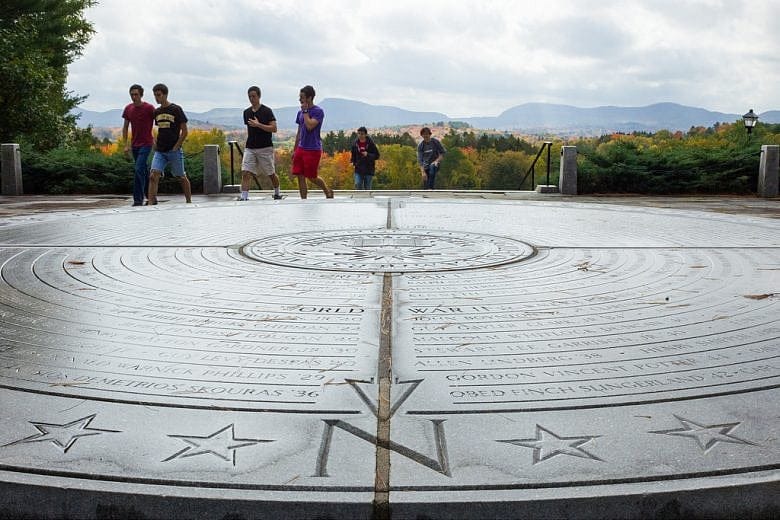Amherst College wins $1M prize for helping low-income students

AMHERST – Amherst College received a $1 million award that recognizes its programs that help "high achieving students from low-income families" succeed, including underwriting study abroad and internships.
The Cooke Prize for Equity in Educational Excellence from the Jack Kent Cooke Foundation is the most substantial award given to a selective U.S. college or university in recognition of admissions and support of students from low-income backgrounds, according to a statement from the Lansdowne, Virginia-based foundation. The award was announced Sunday.

